Science Fiction and Fantasy author Ursula K. Le Guin loved that translated quotation from Chinese philosopher Tzu so much that she pulled the name of her award-winning 1971 novel (Avon Books) – The Lathe Of Heaven – from it. Interestingly enough, history would show that it was – ahem – improperly translated as Wikipedia.org notes that there were no lathes in China at the time of Tzu’s writing. That idiosyncrasy aside, Le Guin’s novel would create a sensation and went on to receive nominations for the 1971 Nebula Award, the 1972 Hugo Award, and the 1972 Locus Award For Best Novel. (It lost the first two but did take home the Locus.)
You know what I always say: “All good books become movies …”
Though I’ve been unable to locate exactly who purchased the rights originally to transport Le Guin’s visionary tale from the page to the screen, IMDB.com reports that the film was produced through a grant with the Public Broadcasting Service (PBS) along with participation from Taurus Film and Thirteen / WNET. I suspect that it may’ve been PBS directly who secured the rights because IMDB.com’s Trivia Page indicates that this adaptation was the very first ‘made-for-TV’ feature ever shown on the national network.
According to our friends at IMDB.com, here’s the plot summary:
“In a highly controlled and overpopulated society, a man who has terrifying dreams that affect reality is assigned a psychiatrist who takes advantage of the situation.”
Video pioneers Fred Barzyk and David R. Loxton were hired to direct a screenplay adapted by Roger Swaybill and Diane English. (Swaybill’s credentials are a bit curious – especially as a choice for such a heady Science Fiction drama – but English is renowned for creating the Murphy Brown television sitcom.) Bruce Davison was cast to bring to life the central character of George Orr, and Kevin Conway was tapped as his somewhat adversary Dr. William Haber. The completed film was first aired on January 9, 1980, and it went on to be nominated for the 1981 Hugo Award in the category of ‘Best Dramatic Presentation.’ Up against such competition as Star Wars: The Empire Strikes Back and the TV miniseries adaptation of Ray Bradbury’s The Martian Chronicles, Lathe had to settle for the honor of a nomination alone. (The Empire Strikes Back took home the trophy.)
As best as I’ve been able to locate, Lathe has only enjoyed a single home video release (in the U.S.) – a 1980 issue under the New Video Group label – something I find a bit curious given both the novel and the telefilm’s solid reputation. Perhaps in the years ahead, some enterprising group will secure the opportunity to remaster the property and give it life again for a whole new generation of viewers. I suspect even the Le Guin estate would be thrilled to see the work endure.
-- EZ

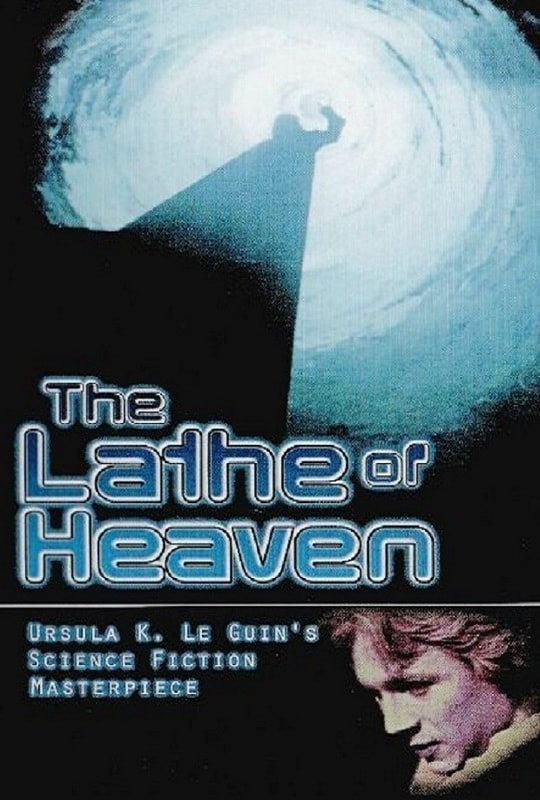
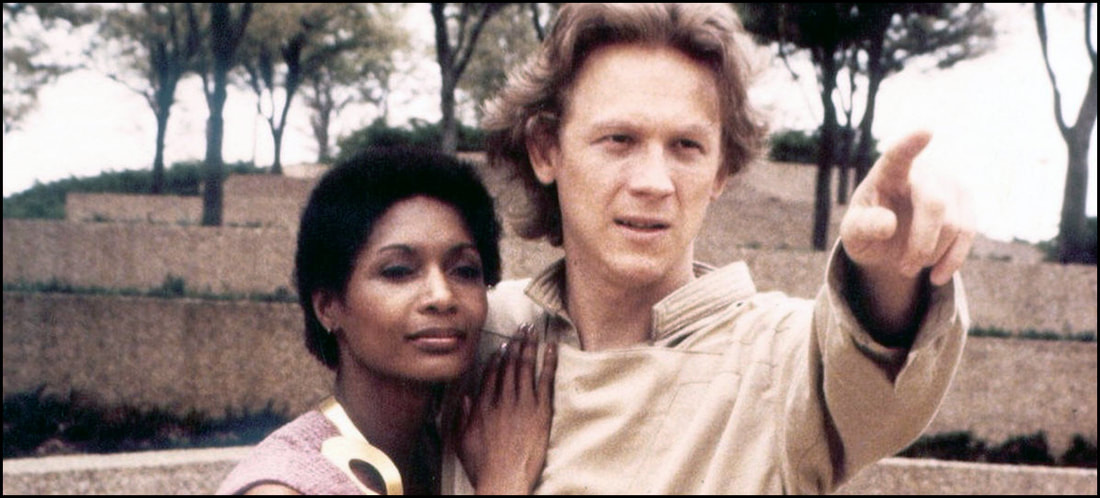
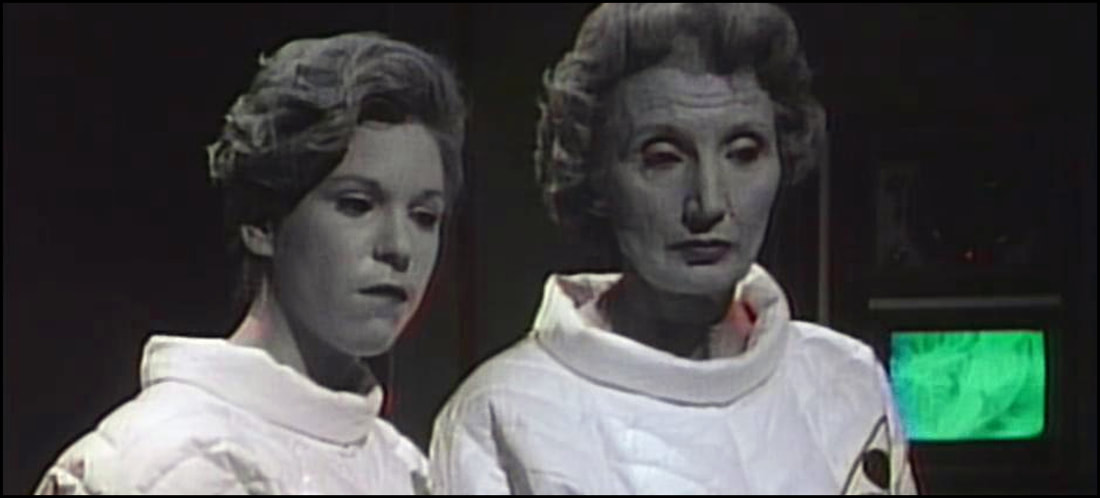
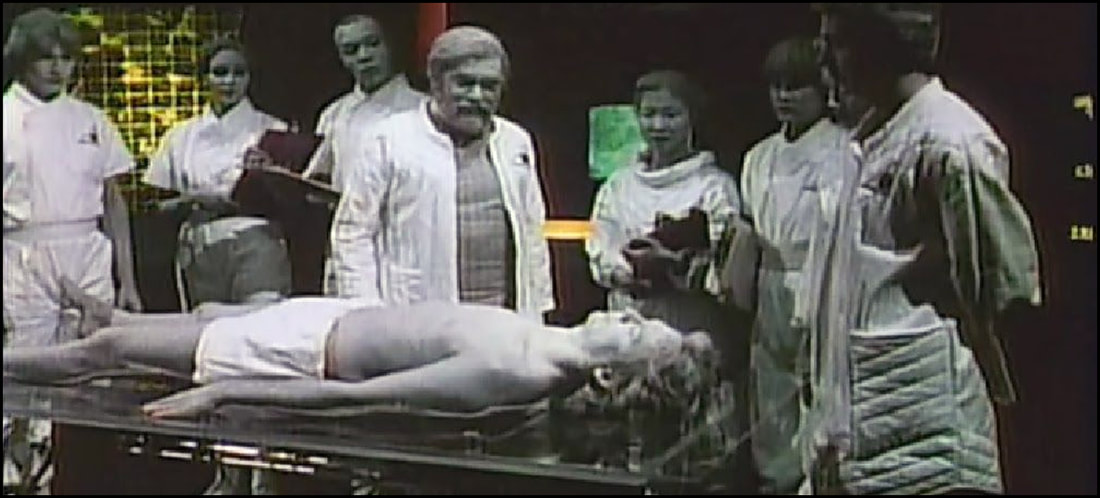
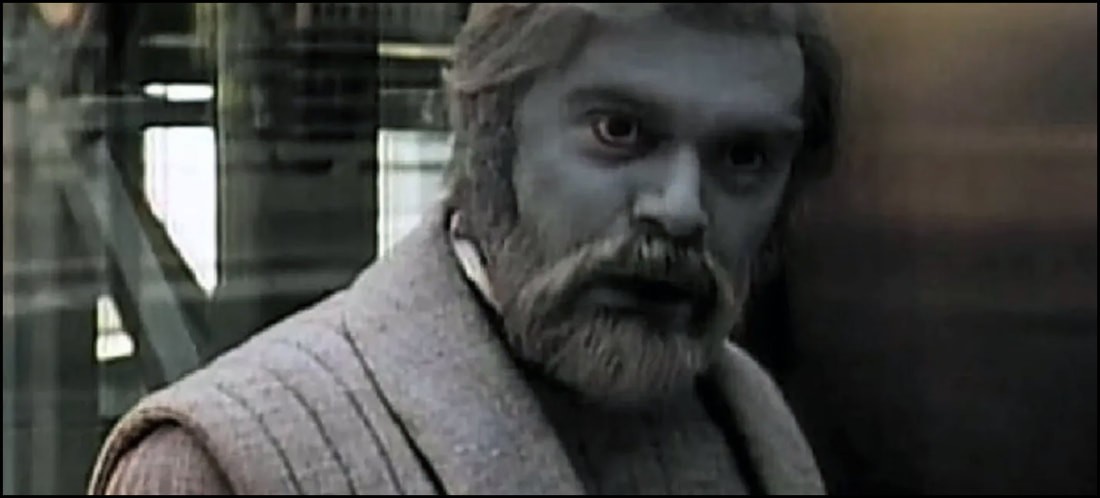
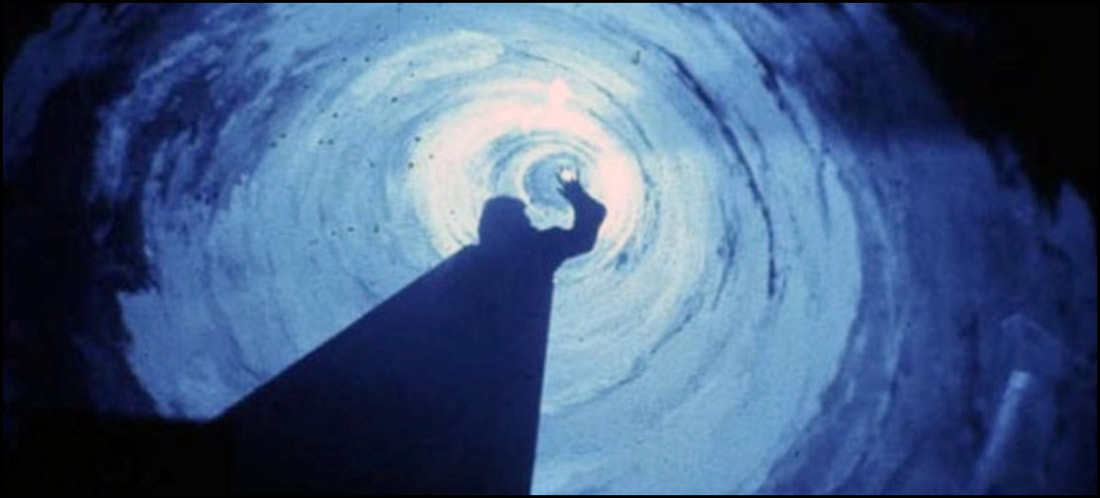
 RSS Feed
RSS Feed